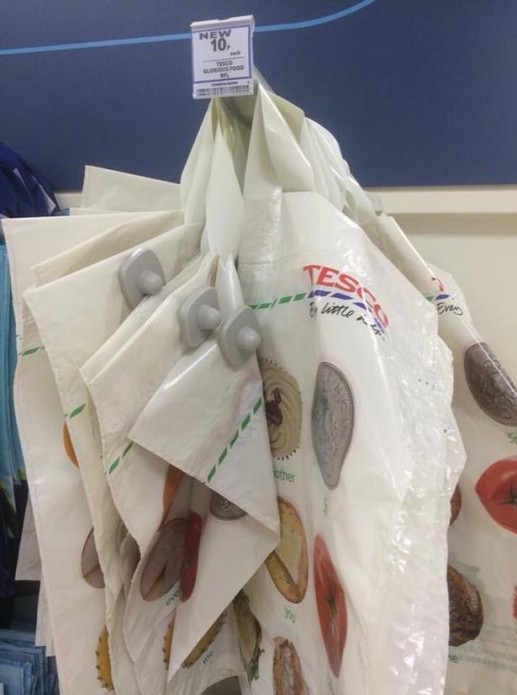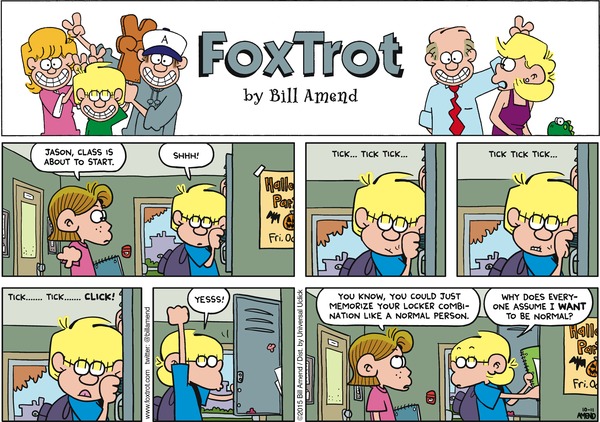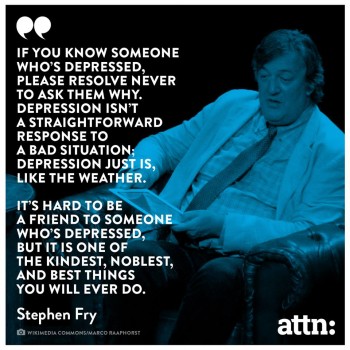We greatly enjoy carving pumpkins. Every year we carve pumpkins throughout October – we start as soon as we spot them in the shops, carve some, throw them out when they get moldy, and then carve some more, mostly keeping jack o’lanterns in the house for the whole month. This year is no exception. Here are the ones we’ve done so far.
We’re fairly traditional for our first set, usually.
We had problems with our second set of pumpkins. I got two regular-sized pumpkins (“large”, they call them here; a bit on the tidgy size, I say). Before we carved them, I saw these two baby pumpkins that were just so adorable, I picked them up for the heck of it. They took about five minutes to do the boring part of the carving (getting the guts out and all that), so if they have these again next year, I might try to foist them on the WI as a starter carving thing. I wasn’t sure we’d carve the little ones, or just keep them whole as decoration.
Then when we sat down to carve the larger ones, the first large one was rotten, through and through. The second large one had a spot of rot in the top, just next to the stem, but I’d seen that when I got it at the shop, and I actually got that one for free – I reckoned it’d be coming out anyway, so it’d be fine. And it was! The other one, that gave no sign of being off, was. Bizarre. That’s been our only rotten pumpkin, out of something like 60 since I’ve moved here.
No matter! We had plenty of pumpkins. So I carved the larger one, and Chris carved the two smaller ones. The one on the far left had several small bits all around it that were rotten and needed to come out, so he devised this carving (which wrapped around, a bit) to do that. You can’t tell it from the photo, but the larger pumpkin was quite knobbly and bumpy, so I was inspired to do a witch.
For our third set, one of the pumpkins I chose was this short, wide, one. I did get the joy of seeing “Devil pumpkin” on my receipt, because they’ve decided to call these “Red devil” pumpkins, but upon carving them, Chris eyed up the normal-shaped pumpkin, and the more frisbee-shaped pumpkin, and declared that I could figure out what to do with the devil pumpkin. So I gutted it, and then eyed it and eyed it for a long while.
Eventually, I decided it needed a design that wrapped around (so yes, this is one pumpkin, just different sides) to make better use of the shape. Something or other inspired me to do a pacman-themed one. Then we set it on a turntable, so we can spin it around easily. 🙂













